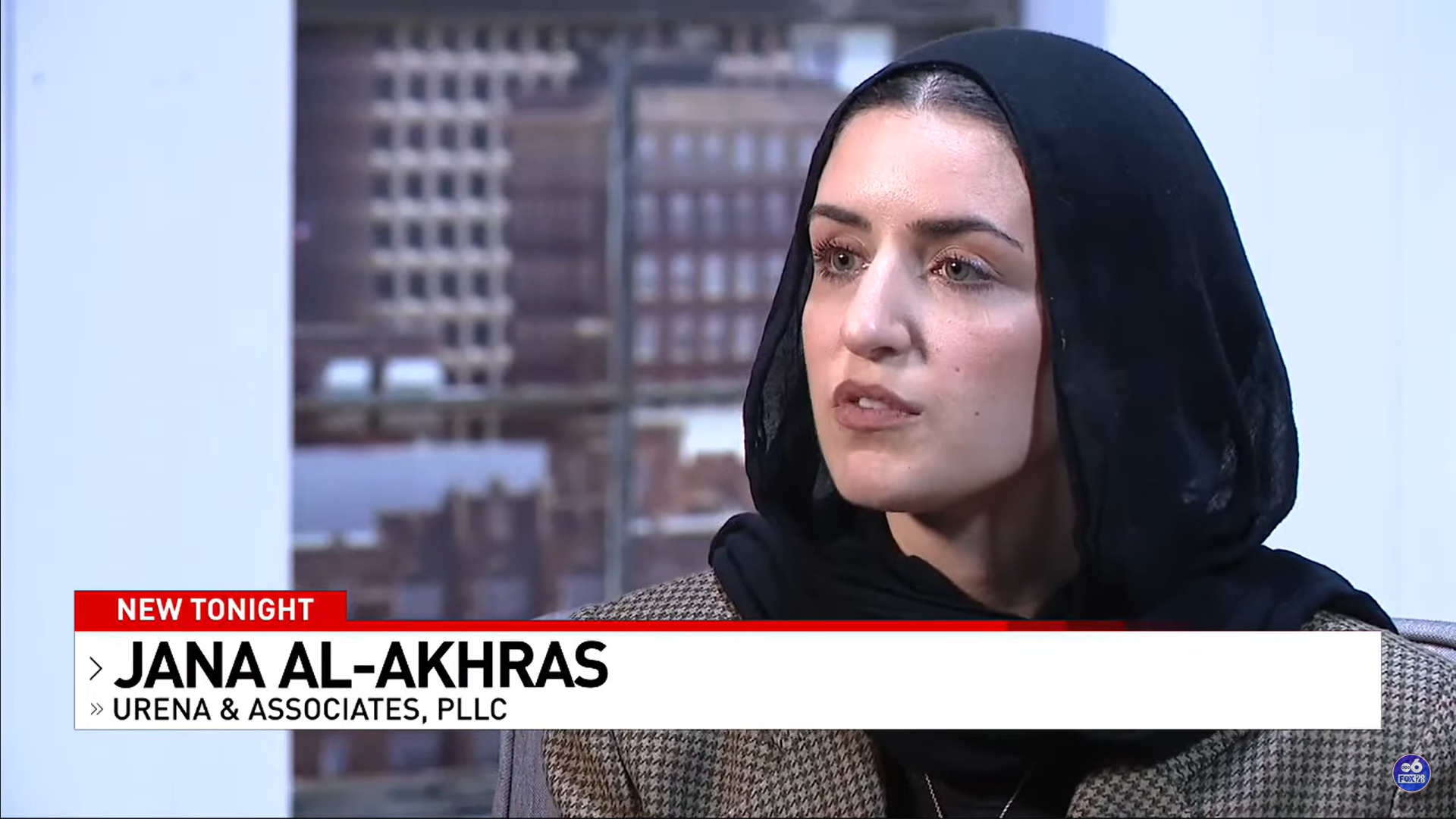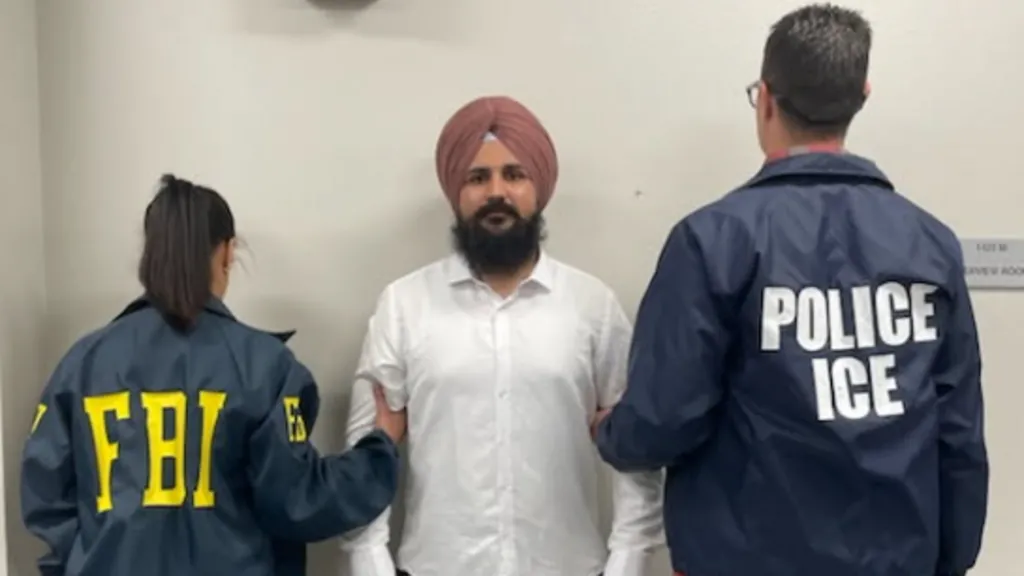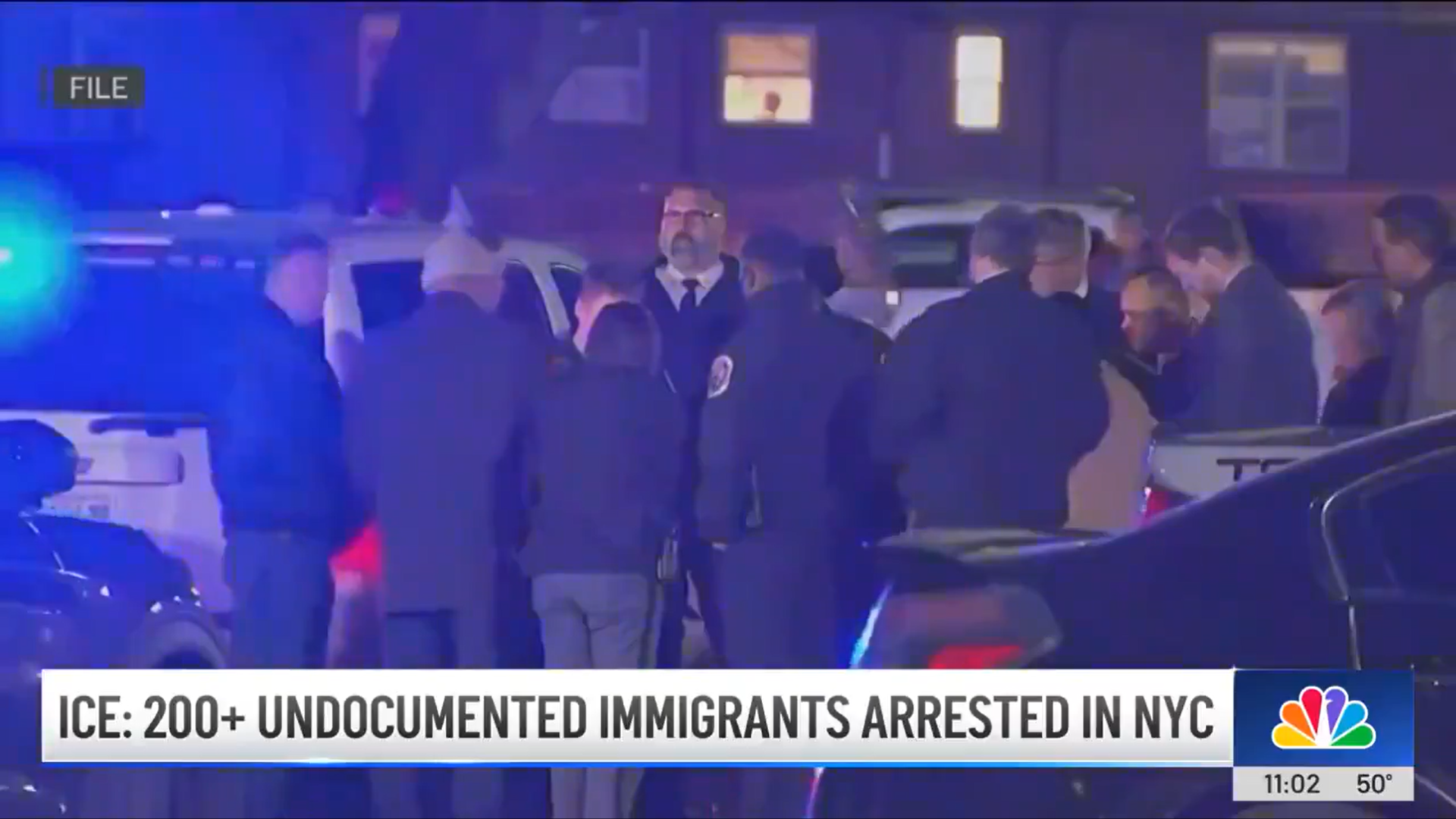An Indian citizen and Ohio State University graduate student is suing the administration of President Donald Trump, alleging it revoked his F-1 visa because he participated in pro-Palestine protests.
Ahwar Sultan, an Ohio State University teaching assistant, was arrested during an April 25, 2024, protest and detained for 12 hours before his release, according to reports. The charges, alleging that he formed a protective barrier around praying students, were dismissed and expunged from his record after he completed 10 hours of community service and attended a civil discourse workshop.
Sultan and the Ohio State University chapter of Students for Justice in Palestine filed a federal lawsuit, naming Trump, Secretary of State Marco Rubio, Attorney General Pam Bondi, Department of Homeland Security Secretary Kristi Noem, and Acting Director of U.S. Immigration and Customs Enforcement Todd Lyons.
“He just happened to get, you know, caught up in this latest slew of retaliation against free speech,” WCMH-TV quoted Jana Al-Akhras, one of Sultan’s lawyers and a senior attorney with Urena and Associates.
“The night that this occurred, state troopers were called upon students as they were peacefully praying in the middle of the circle and he was actually forming the perimeter, protecting those students,” Al-Akhras added, per the station’s report. “He wasn’t engaging in anything that we would presume to be violent or concerning or anti-American by any means.”
WSYX-TV reported that OSU leaders said 12 students had their visas revoked as of April 11. However, when asked by the outlet, they declined to comment on the lawsuit.
The Columbus Dispatch quoted Ohio State University President Ted Carter as saying the university has contacted affected students and was “not formally notified of these actions by the government, nor have we received any information about why the students’ visas were revoked.”
According to The Columbus Dispatch, the lawsuit accuses the Trump administration of violating Sultan’s civil rights, including his First Amendment right to free speech.
“The government’s repression has hyper-focused on international students who speak out in solidarity with Palestinians and who are critical of the Israeli government’s ongoing military campaign in Gaza or the pro-Israeli policies of the U.S. government and other U.S. institutions,” the lawsuit charges, per the Dispatch.
According to Inside Higher Ed, the feds have revoked the visas of at least 30 students at Ohio colleges or universities. Nationally, federal officials have revoked the visas of more than 1,400 students, according to the publication’s tally, and federal officials have said they will continue to crack down on foreign students who participate in anti-American activities.
“Visiting America is not an entitlement. It is a privilege extended to those who respect our laws and values,” Rubio wrote in an op-ed for Fox News. “…As Secretary of State, I will continue exercising my authority to support President Trump’s zero-tolerance approach to foreign nationals who abet terrorist organizations or participate in activities that threaten our national security or compromise a compelling foreign policy interest.
“The Supreme Court has made clear for decades that visa holders or other aliens cannot use the First Amendment to shield otherwise impermissible actions taken to support designated foreign terrorist organizations like Hamas, Hizballah, or the Houthis, or violate other U.S. laws,” Rubio added. “They will continue to face consequences – including visa denial, revocation, or deportation.”
An F-1 student visa allows foreigners “to enter the United States as a full-time student at an accredited college, university, seminary, conservatory, academic high school, elementary school, or other academic institution or in a language training program,” according to U.S. Citizenship and Immigration Services. They “must be enrolled in a program or course of study that culminates in a degree, diploma, or certificate and your school must be authorized by the U.S. government to accept foreign students.”



